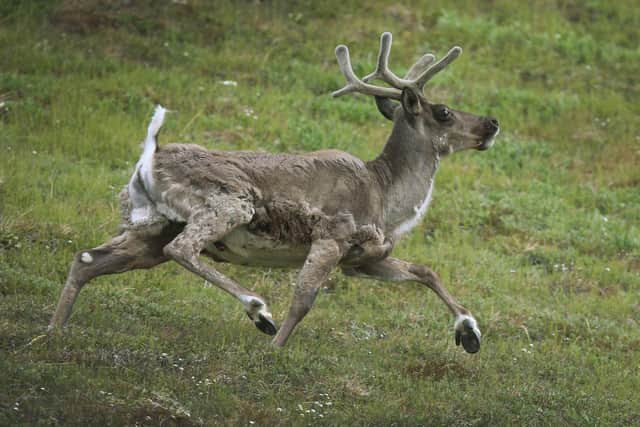Cop26 climate change summit: How global warming has already dramatically changed the world's seasons – Scotsman comment
A study published earlier this year in the journal Geophysical Research Letters found that the average length of summer in the Northern Hemisphere increased from 78 to 95 days between 1952 and 2011, while spring, autumn and winter all decreased. The researchers projected that summer would last nearly half the year by 2100 under a ‘business as usual’ approach to carbon emissions.
This might sound appealing to some, but the researchers warned that “such changes can trigger a chain of reactions in agriculture”, adding that “policy-making for agricultural management and disaster prevention requires adjustment accordingly”.
Advertisement
Hide AdAdvertisement
Hide AdThe speed of these changes is already causing serious problems.
For example, caribou have long migrated to a place called Kangerlussuaq, Greenland, in the spring for the calving season, so the newborns can eat nutritious young leaves.
However, the start of their migration is triggered by the length of the day, while the plants come into bud in response to the rise in temperatures. A 2016 study found the leaves on a species of sedge were coming out 26 days earlier than they did just ten years before.
So the caribou’s traditional method of planning their journey no longer works and when they arrive the leaves are tougher and less nutritious, meaning fewer calves are born and more of them die.


And this is just one species, there are a myriad of other such dangerous disconnects.
A message from the Editor:
Thank you for reading this article. We're more reliant on your support than ever as the shift in consumer habits brought about by coronavirus impacts our advertisers.
If you haven't already, please consider supporting our trusted, fact-checked journalism by taking out a digital subscription.
Comments
Want to join the conversation? Please or to comment on this article.
